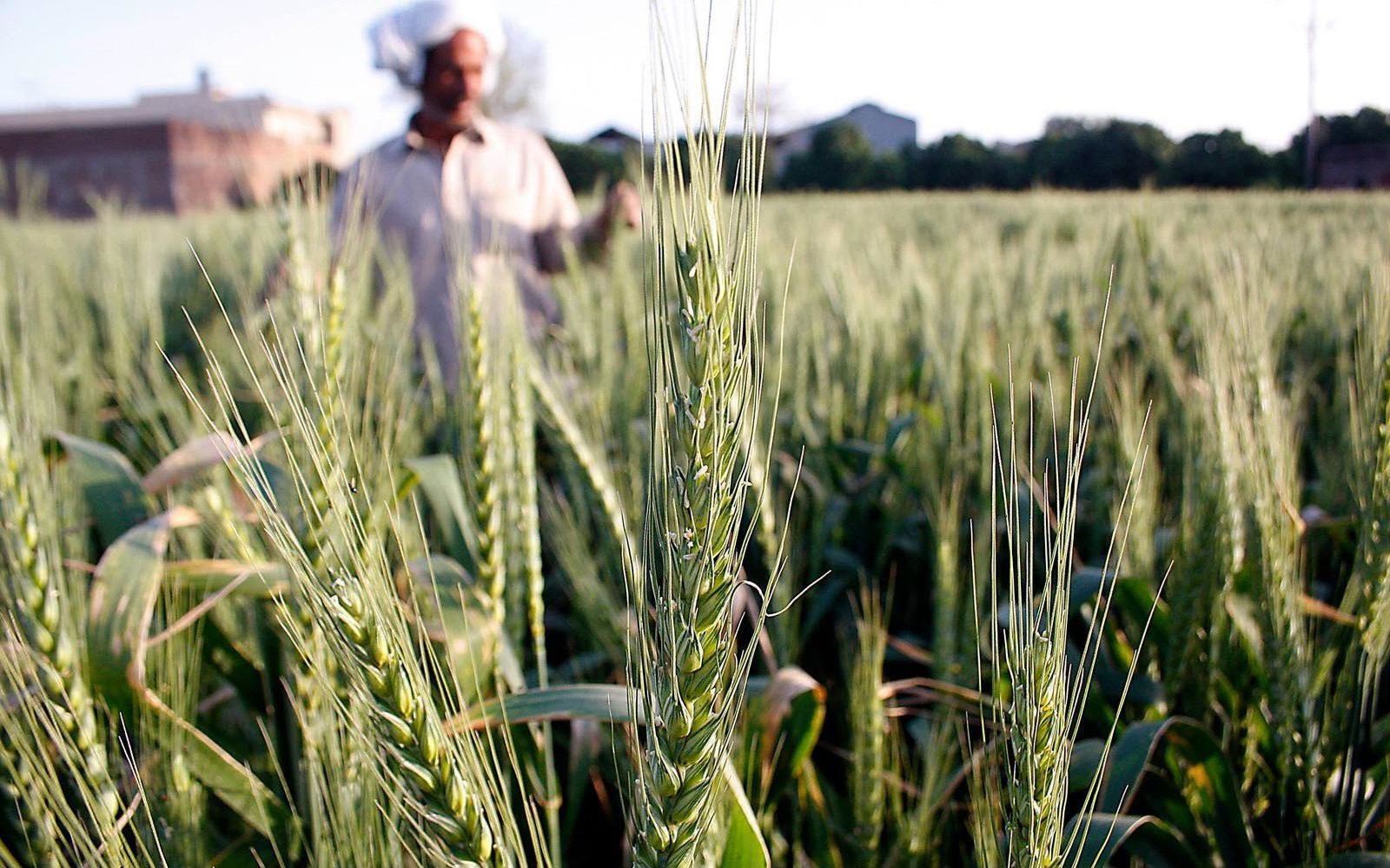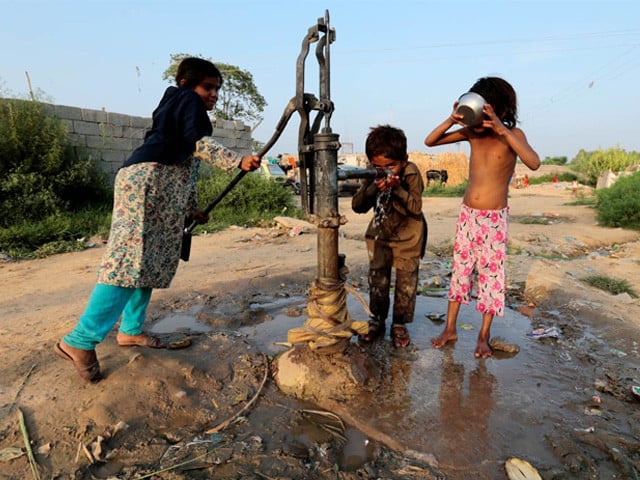Editorial
Pakistan’s wheat production has fallen short of the target set for the Rabi Season 2023-2024. While the estimated production of wheat is 29.69 million tons, the set target was 32.2 million tons from 9.6 million hectares of land. This is a concerning development for the country’s food security and the livelihoods of farmers. However, we are actively addressing this issue by [insert steps being taken to address the issue here].
However, it is important to note the increase in wheat production by 5.4% over the last year. This indicates that efforts to improve wheat production are yielding results, and we must continue to build on this progress. The provincial governments, along with other relevant organizations, must work together to identify the reasons for the shortfall, such as [insert specific reasons here], and take action to address them.
Moreover, the estimated production of other crops, including onion, tomato, and potato, shows significant positive growth. This increase in production of these crops is a promising sign for the agriculture sector as a whole, instilling hope and optimism. It is essential to build on these successes to ensure that we meet the targets set for the Kharif Season 2024-2025.
The Federal Committee on Agriculture (FCA) has already set ambitious targets for the upcoming season, including 10.8 million bales of cotton, 8.7 million tons of rice, 76.7 million tons of sugarcane, and 9.3 million tons of maize, among others. It is of utmost importance that we meet these targets to ensure food security for our population and support the livelihoods of farmers.
Additionally, the information shared by the Pakistan Meteorological Department (PMD) about expected precipitation levels is encouraging. Normal to slightly above normal precipitation is expected in most parts of the country, which will be beneficial for crop growth. This could potentially lead to [insert potential impact on crop production here]. We must leverage this information to manage our agricultural practices effectively and maximize crop yields.
Lastly, while the shortfall in wheat production is a concern, it is crucial to acknowledge the positive growth in other crops and the increase in wheat production compared to last year. We must work together, with each stakeholder playing a crucial role, to address the issues causing the shortfall and build on our successes to meet our targets for the upcoming season. With the right efforts and effective management, we can ensure food security for our population and support the growth of our agriculture sector.
Please, subscribe to the YouTube channel of republicpolicy.com
















































